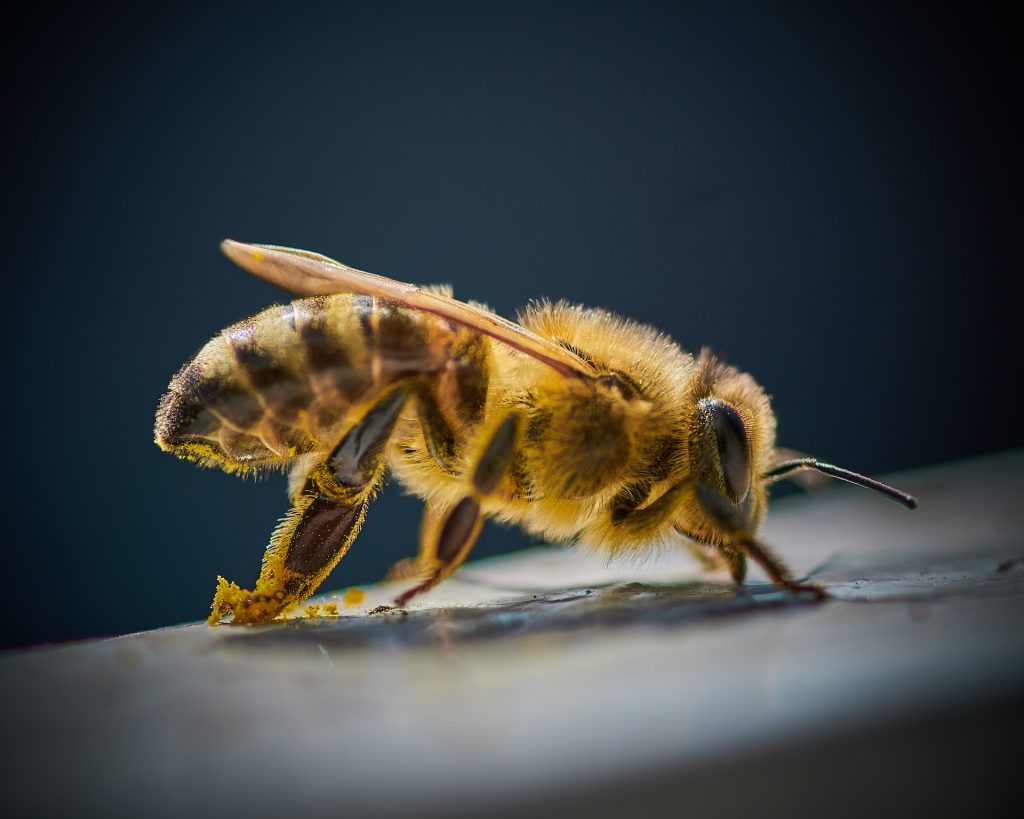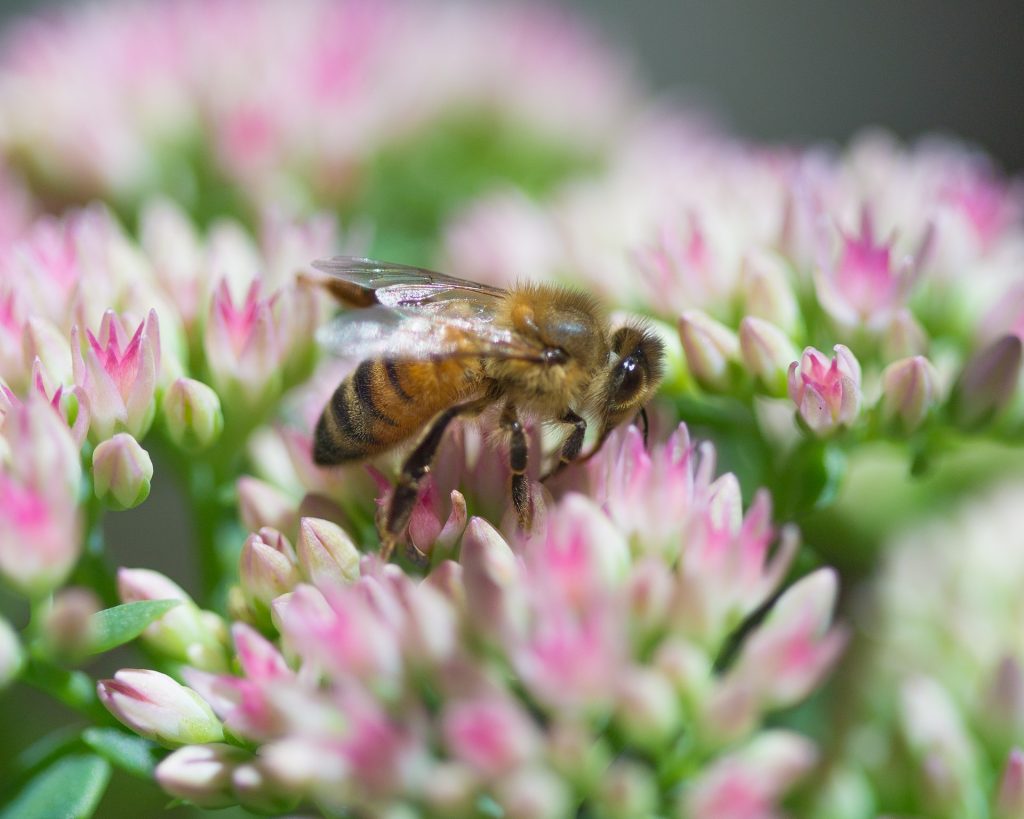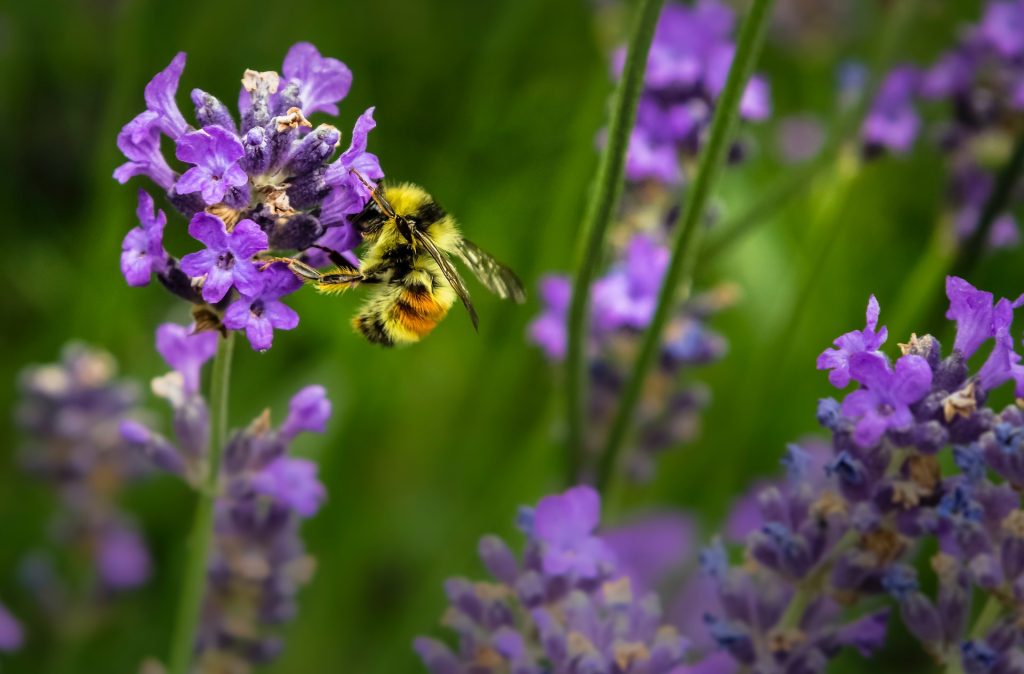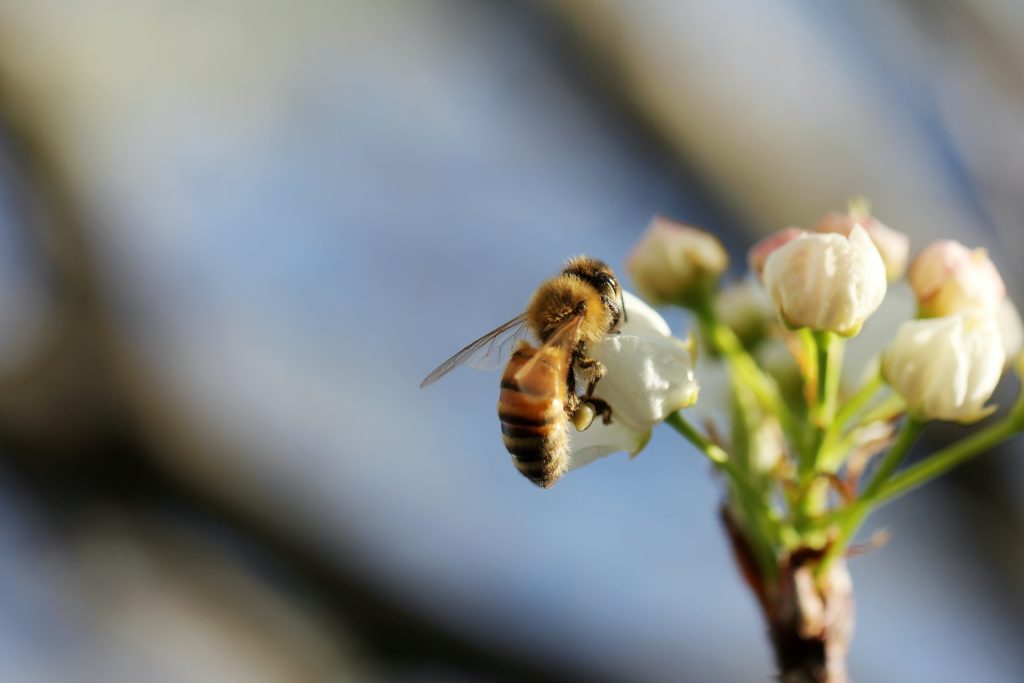Beekeeping, once primarily associated with rural areas, has found its way into the bustling cities. Urban beekeeping offers numerous benefits, such as promoting pollination, supporting biodiversity, and providing local honey production. However, beekeeping in an urban environment comes with its own unique challenges and considerations. In this article, we will explore essential tips and best practices for successful urban beekeeping, ensuring the well-being of the bees and fostering harmonious coexistence with the city surroundings.
One of the first steps in urban beekeeping is understanding the benefits it brings. Bees play a crucial role in pollinating plants, contributing to the growth of flowers, fruits, and vegetables in urban gardens and green spaces. This, in turn, supports biodiversity by attracting other beneficial insects and wildlife. Urban beekeeping also allows for local honey production, providing an opportunity for beekeepers to enjoy the rewards of their labor and contribute to the local economy.
When embarking on urban beekeeping, it is important to consider the specific needs of bees in an urban setting. Honeybees and native solitary bees are well-suited for urban environments due to their adaptable nature and ability to forage in diverse settings. However, it is essential to familiarize yourself with any local regulations or restrictions regarding urban beekeeping to ensure compliance and address any safety concerns.
Choosing suitable beehives and equipment is crucial for the success of urban beekeeping. Top bar hives, Warre hives, or Langstroth hives are popular choices that can accommodate the needs of urban bees. When deciding on hive placement, factors such as accessibility, shade, and proximity to water sources should be considered. It is also important to acquire the necessary beekeeping equipment, including protective clothing, beekeeping tools, and hive accessories, to ensure the safety of both the bees and the beekeeper.
Nurturing healthy bee colonies is a vital aspect of urban beekeeping. Carefully select healthy honeybee colonies or nucleus colonies (nucs) from reputable sources to establish strong and resilient hives. Providing a balanced diet for the bees is essential, which can be achieved by planting diverse, pesticide-free flowering plants in the vicinity. Access to clean water is also crucial, and beekeepers can set up water stations or shallow containers to fulfill this need. Regular hive inspections and disease management are important for identifying and addressing any issues promptly. Additionally, implementing swarm prevention and management strategies can help maintain colony health and prevent potential disruptions in the urban environment.
Managing beekeeping in urban environments goes beyond the care of the bees themselves. It is crucial to educate neighbors and the community about bees and their behavior to alleviate any concerns or misconceptions. Proper hive placement and entrances can minimize bee-human conflicts, ensuring the safety of both residents and the bees. Beekeepers should also take measures to mitigate potential risks by implementing proper fencing, redirecting bee flight paths away from public areas, and maintaining an appropriate distance from high-traffic locations.
Supporting pollinator-friendly practices in the city is not only beneficial for bees but also for the overall ecosystem. Planting pollinator-friendly gardens and green spaces, minimizing pesticide usage, and opting for organic pest control methods all contribute to creating a thriving environment for bees and other beneficial insects. Collaborating with local authorities and organizations to promote pollinator-friendly policies and initiatives can help create a city that prioritizes the well-being of pollinators.
Lastly, building a community of urban beekeepers can foster collaboration, knowledge-sharing, and support. Joining local beekeeping associations or organizations allows for networking opportunities, educational resources, and mentorship programs that can help aspiring urban beekeepers thrive.
In conclusion, urban beekeeping offers a unique opportunity to contribute to the well-being of bees, support biodiversity, and enjoy the rewards of local





